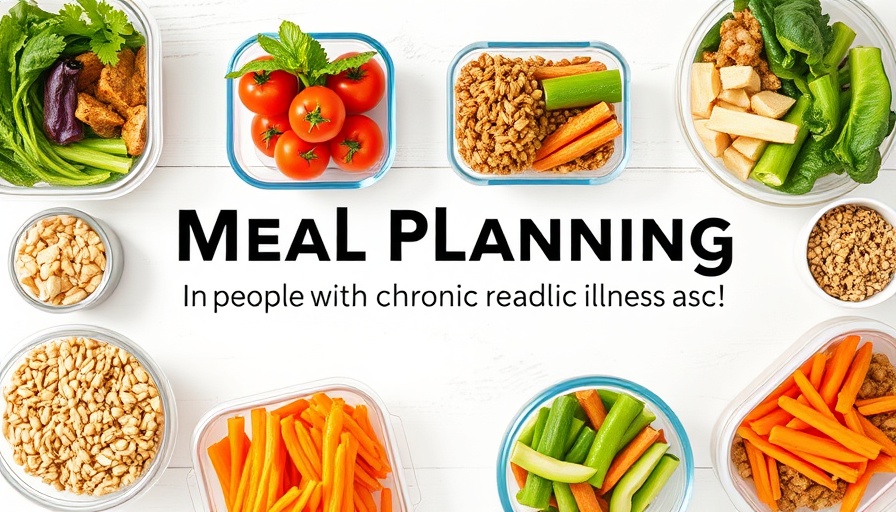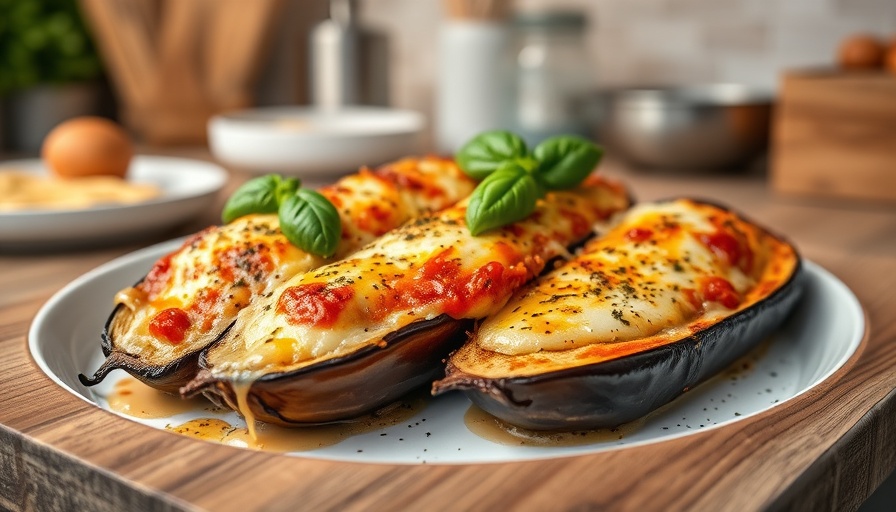
Understanding Meal Planning for Spoonies
For those dealing with chronic illness, meal planning can often feel like scaling a mountain. The delicate balancing act of honoring dietary restrictions, energy levels, and personal preferences can be overwhelming. Yet, effective meal planning is essential for maintaining a satisfying and healthy routine.
As someone with multiple food sensitivities, I empathize with the unique challenges faced by others navigating similar dietary landscapes. Whether you adopt a vegan lifestyle or have specific intolerances, it’s essential to personalize your approach to meal prepping. Here, we'll explore techniques that can simplify meal planning for the spoonie community.
Start With What You Can Eat
The foundation of successful meal planning begins with understanding what you can safely consume. If you're battling food allergies, intolerances, or adhering to strict diet choices, compile a list of safe foods first. For example, my list prioritizes vegan, gluten-free options that are easy to prepare and satisfying. Consider options such as low-histamine meals, protein-rich components, or other ingredients that nourish your body without triggering symptoms.
Having a master list of safe meals not only reduces decision fatigue but also stands as a crucial reference point when planning ahead. You might categorize meals based on time to prepare, ease of cooking, or even your emotional associations with particular dishes, which can provide comfort during overwhelming days.
Keep It Simple
Feeling healthy is intertwined with the act of nourishing your body, but that doesn’t necessitate elaborate daily meals. Especially on low-energy days, quick-to-prepare meals can drastically minimize stress. Some of my go-to dishes include:
- Overnight oats with various flavors like cookie dough or lemony blueberry.
- Air fried tofu prepared with easy seasoning variations.
- Instant pot beans served over rice with mixed veggies.
- Simple smoothies crafted from frozen fruits and plant-based protein.
- Gluten-free pasta paired with nutritious sauces.
Ample preparation and knowing what your body thrives on empowers you to create a sustainable meal routine that respects your energy levels while promoting health and happiness.
Emotional and Human Interest Aspects
Meal planning is about more than simply filling your stomach—it’s a vehicle for stability and joy during challenging health journeys. Having nourishing meals ready to go can impact your mental well-being considerably, transforming your daily life from overwhelming to manageable. Consider how choosing food that brings you comfort can change your mood. It’s a small but significant aspect of living a fulfilling and happy life, especially for individuals managing the uncertainties inherent in chronic illness.
Actionable Insights to Consider
Framing meal planning as an opportunity to be gentle with yourself can shift your perspective dramatically. Commit to dedicating a couple of hours each week for meal prepping, adjusting recipes to align them with your dietary needs, and considering serving sizes that avoid overwhelming portions. Remember, it’s okay to lean on packaged foods or ready-made options when you lack the energy to cook. The primary goal is to ensure you have nourishing foods that you enjoy on hand.
Risks and Challenges It Unveils
Despite the convenience of planning, common challenges such as fluctuating energy levels can derail even the best-laid plans. If you experience sudden fatigue or illness, having a structured meal plan can quickly fall by the wayside, leading to feelings of guilt or frustration. Acknowledging these risks allows for better adjustment and flexibility in your plans. For instance, designating a few emergency meals that require minimal prep can save the day.
Final Thoughts on Living My Best Life
In sum, the nuances of meal planning for spoonies involve understanding dietary needs, respecting energy levels, and transforming food preparation into a mindful act. As you navigate the complexities surrounding daily nutrition, allow yourself some grace. Embracing a soft life where complexity is toned down fosters a sense of peace in a fast-paced world.
For those managing chronic illness, meal planning becomes not just about dietary needs but establishes a lifestyle that promotes vitality and vitality. As you cultivate this habit, consider sharing your experiences or techniques with others in your community to enrich their journeys.
 Add Row
Add Row  Add
Add 



Write A Comment